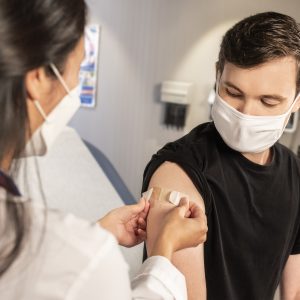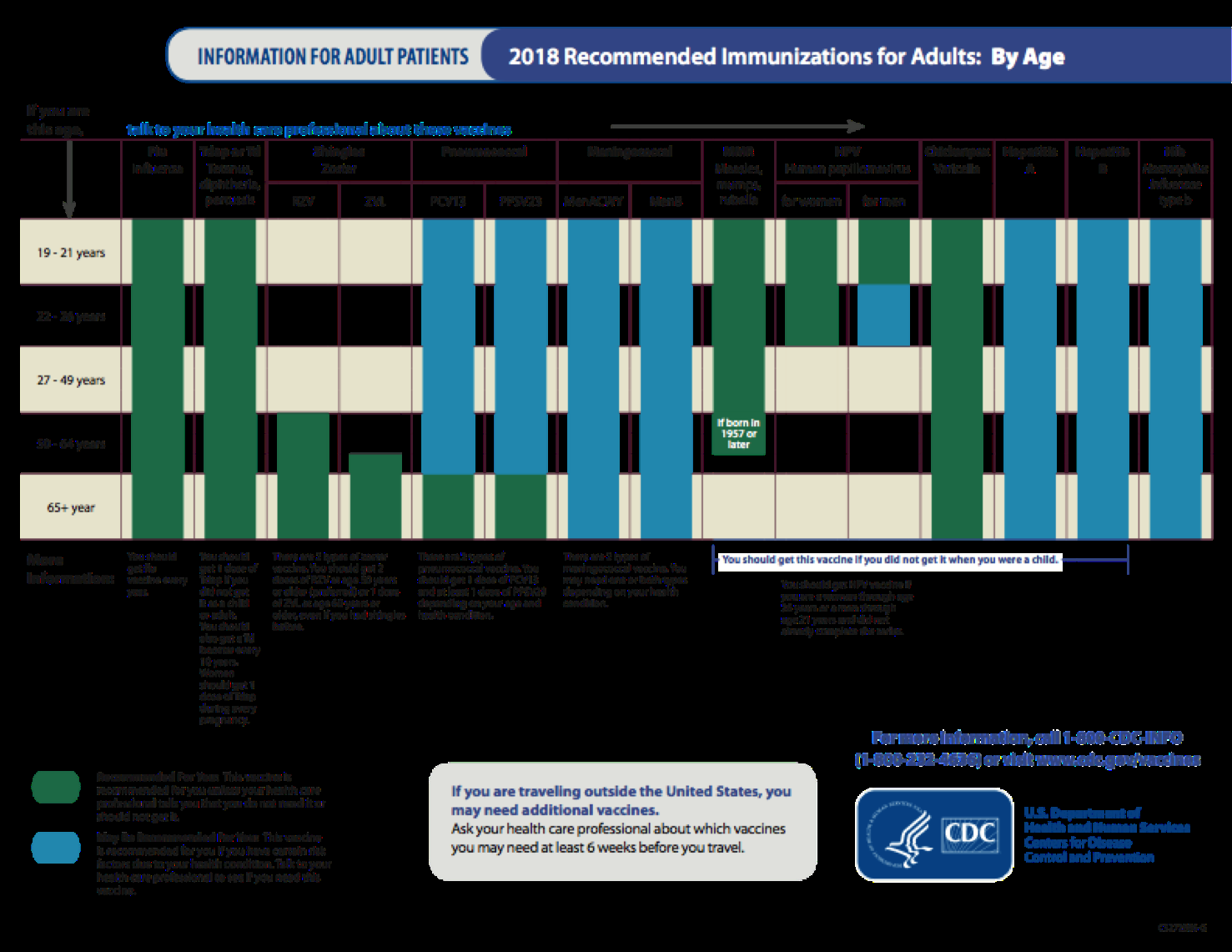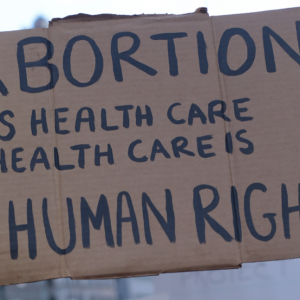This past Mother’s Day launched the 19th annual National Women’s Health Week. Led by the US Department of Health and Human Services Office on Women’s Health, the goal is to empower women to make their health a priority and raise awareness of the steps one can take to improve their health.
The Centers for Disease Control and Prevention (CDC) recommends many common measures, such as proper health screenings, staying physically active, eating healthy, and promoting other healthy behaviors. Healthy behaviors include getting enough sleep, being smoke-free, washing your hands, not texting while driving, or wearing a seatbelt, a bicycle helmet, or sunscreen when appropriate. Furthermore, the National Women’s Health Week website has suggestions for women in their 20s to their 90s.
The Affordable Care Act (ACA; aka Obamacare) established Essential Health Benefits (EHBs) that insurers are required to cover, including maternity care. Following last year’s failed attempts to repeal the ACA, the Trump administration’s Department of Health and Human Services (HHS) announced last month that insurers will be allowed to omit these Essential Health Benefits from their 2019 offerings, leaving the state of health insurance to pre-ACA standards when women were often charged inordinate fees for “extra” maternity coverage.
In January 2018 the HHS announced it would form the new Conscience and Religious Freedom Division that would allow doctors to refuse treatment for those that go against their religious beliefs—limiting access to care and undermining the civil rights, health, and well-being of women seeking reproductive health services, LGBT people, their children, and others. This past March the HHS-operated Office for Women’s Health (OWH) website removed the “lesbian and bisexual health” page and other related links; then again in April, the OHW Breast Cancer websites were removed before being replaced days later with a single page featuring less comprehensive information.
Last year, the Trump administration reinstated and expanded a rule banning family planning clinics abroad from receiving financial aid from the United States for providing abortion services, causing clinics around the world to close. The White House is reportedly looking into instituting a similar rule to ban U.S. providers from receiving Title X funding for even discussing abortion with patients.
Title X funding is mandated to focus on family planning and related preventive health services for patients who are low-income or uninsured with ⅔ of patients who get care through the program living at or below the federal poverty line. Providers are already forbidden from using Title X funds to pay for abortions, though they can currently still offer the procedure if they use other funding to pay for it.
Planned Parenthood serves up to 41% of Title X recipients, providing contraceptive care, cancer and STI screenings, and other crucial health services. If Planned Parenthood were to lose Title X funds just for educating patients of available services, other Title X providers would have to increase their caseloads by an average of 70% to compensate for the loss of Planned Parenthood and other providers. Many patients would likely lose access to care.
 Despite the steps back in access to care and removal of information from government websites over the past 16 months, there are still resources for women in need. In a previous blog post, we detailed the National Breast Cancer and Cervical Cancer Early Detection Program; a program that has provided low-income, uninsured, and underserved women access to timely breast and cervical cancer screening and diagnostic services for over 25 years. Information for the local offerings from the program can be found in the NeedyMeds State Sponsored Programs database. There are other government programs for women’s health to be found on our site, including WISEWOMAN, a program that provides low-income, uninsured/under-insured women with blood pressure, cholesterol, and diabetes screenings.
Despite the steps back in access to care and removal of information from government websites over the past 16 months, there are still resources for women in need. In a previous blog post, we detailed the National Breast Cancer and Cervical Cancer Early Detection Program; a program that has provided low-income, uninsured, and underserved women access to timely breast and cervical cancer screening and diagnostic services for over 25 years. Information for the local offerings from the program can be found in the NeedyMeds State Sponsored Programs database. There are other government programs for women’s health to be found on our site, including WISEWOMAN, a program that provides low-income, uninsured/under-insured women with blood pressure, cholesterol, and diabetes screenings.
NeedyMeds has a database of over 16,000 free, low cost, or sliding scale clinics, nearly 6000 of which offer women’s health services including over 500 Planned Parenthood locations. Search your ZIP code for clinics in your area, and find Women’s Health in Services under the Details heading to find free or low-cost medical attention. Assistance for women’s health can also be found in our Diagnosis-Based Assistance database by searching for conditions that affect the women in our lives. For more resources, check our website at Needymeds.org or call our toll-free helpline at 1-800-503-6897 9am to 5pm Eastern Time Monday through Friday.





